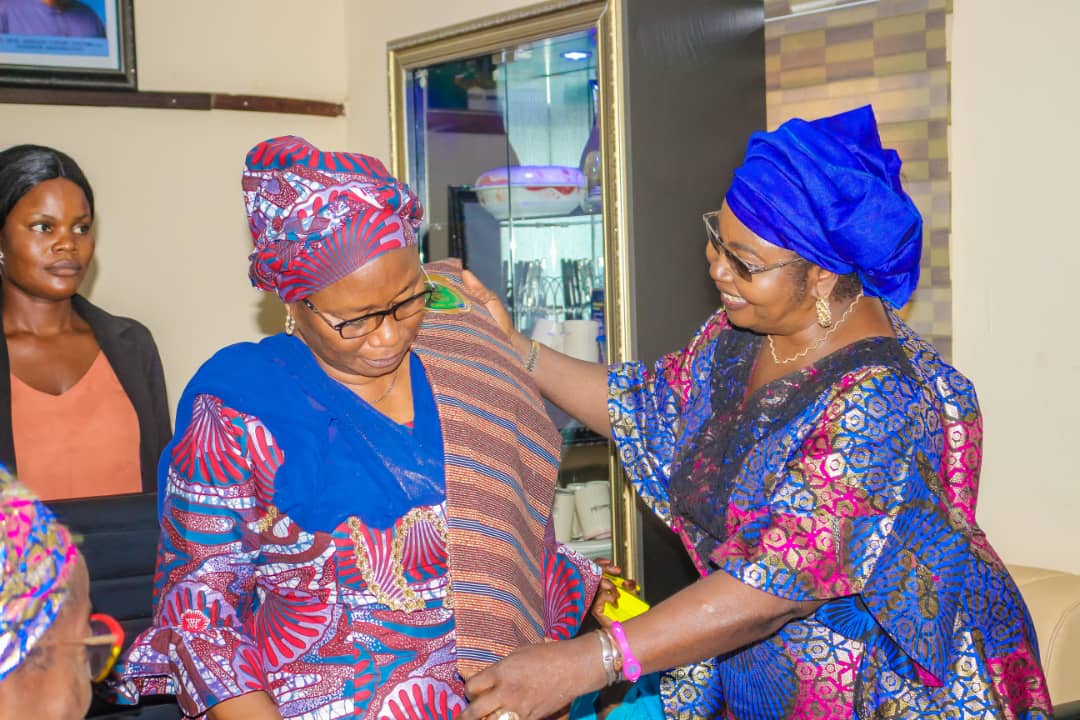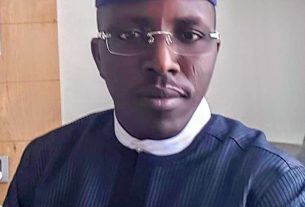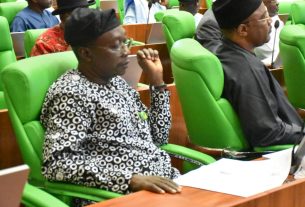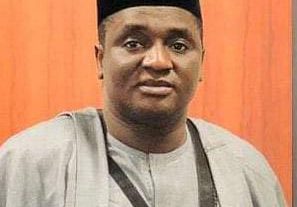Adamawa state Deputy Governor Professor Kaletapwa George Farauta says her principal, Governor Ahmadu Umaru Fintiri is a leader who believes in the power and strength of women and that is why women are doing well and succeeding in his administration.
Speaking when at her office in Yola Wednesday when she received on solidarity, members of Northern Christian Women Coalition, Farauta said Fintiri believes in giving women enabling space to carry out assignment he gives them.
Farauta who described the governor as all en-compassing leader, said that was why he brought a woman as his deputy.
“My Principal believes in power and strength of a women. He believes that when you give a woman assignment she would be able to do it.
“And he gives a woman enabling space to do assignments, and that is why women under his leadership are doing well and succeeding,” Farauta maintained.
The Deputy Governor told the group that politics is over, and what is left for the state is governance.
According to her, government build hospitals where pregnant women and children under the age of five accesses free medical treatment, as well as roads and flyovers constructed for all citizens irrespect8ve of political leanings.
“Politics is over. It is now governance. When it is governance, party issues and alignment are no longer issues,” she stressed.
In her remark, President of the visiting group, Prince Leah Solomon said the members from the 19 Northern states and FCT are networking on christian women to have a voice at ward, unit and polling stations during elections.
Leah Solomon said the group which compraises five registered organizations was happy for the emergence of the first female deputy governor from the region.
The women group also thanked Governor Ahmadu Fintiri for allowing gender inclusivity and carrying women on board of his administration.
She told the Deputy Governor, “We thank you for adding a plus to his Excellency, Governor Ahmadu Fintiri in the area of education, entrepreneurship, and scholarship.”
By Hussaini Hammangabdo




